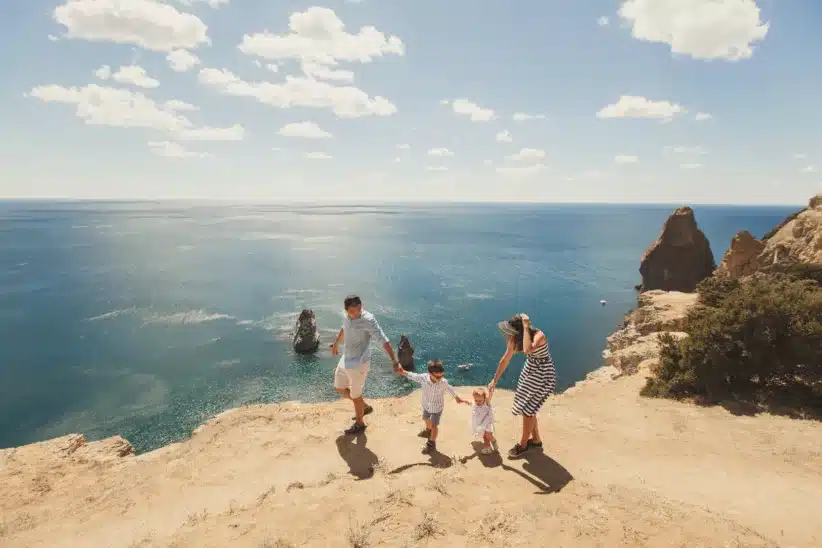Camp season is upon us. But before sending your child to day camp, here are 10 last-minute suggestions to make sure it’s the best experience for everyone:
1. Fill ’er up
Bring one bottle of water that has been cooled in the refrigerator and a second one that has been in the freezer. As the day wears on, the frozen water will melt and provide cool refreshment for your child.
Spray bottles are a great idea, too. They keep the face and body cool in the hot sun.
2. It’s a scorcher
Apply sunscreen to your child’s skin before he leaves home, and send the tube along for later reapplication. Avoid sending tanning lotion with little or no SPF, or sunscreen that contains glitter, as it can reflect light and cause sunburn. Consider sending along a hat for extra protection.
3. Bug off
If your child is going to be out in a natural environment, he should wear insect repellent. Look for a lotion formula that is safe for children; avoid sprays. When camp is over, follow up with a tick check.
4. All decked out
One no-no camp directors always see is children coming with the wrong outfit. Some kids want to pick out their own clothes, but if they have chosen black jeans and a dark T-shirt, it may not be the best option.
Dress your child for comfort, safety, and appropriate temperatures. Proper shoes are important, too, particularly if he is playing outside. Avoid strappy sandals and flip flops; opt for sneakers.
5. Name it and claim it
Any item brought to camp should have your child’s name, address, and phone number on it in case it gets left behind. It also avoids confusion if identical items are brought by two children.
6. Time out from tech toys
Do not bring valuable items such as handheld games or cellphones. Day camp programs are designed to provide an enriching experience, and your child should be engaging in these activities rather than playing with electronics.
If these items are brought, they may be confiscated and returned at the end of the day in hopes your child gets the message.
7. Pills, pains, and other problems
All camps have forms for parents to list medications their child is taking. But if you take your child off a medication for the summer, the camp needs to know that, too, because it could cause an extreme change in behavior.
Allergies are another issue to make counselors aware of, be it insect or food related.
Equally important is to share other concerns with camp staff, such as if your family is going through a divorce or has experienced a recent death, as this might affect how your child interacts throughout the day. Camps look out for the physical and emotional needs of a child, so the more information you provide, the better equipped the staff will be.
8. Help is on the way
Having an emergency contact person is vital. Even more important is that the designated person knows you have written her name down.
Every year, camps have situations where they call the emergency contact person, and she was not informed she was designated as such. Before listing a person’s name on the form, let her know and make a plan for how an emergency should be handled.
9. Beef yer’ brain
Read the materials the camp gives you — policies, procedures, and planned activities. If you know what to expect and what is expected of you, things will run much smoother.
Most camps have a weekly schedule, so parents know about the upcoming activities. Talk with your child about the planned activities. If she cannot participate because of health reasons, make sure you (not your child!) inform the camp.
10. Getting to know you
Find out if there is an open house where you can meet the staff and see the facility prior to the first day of camp. If not, make other arrangements to introduce yourself to those who will be caring for your child. It is important for the camp directors and counselors to know you, so they can keep you informed on how things are going for your child.
Finally, encourage your child tow enjoy the experience. Mark the first day of camp on the family calendar and do a countdown. Help your child develop a checklist of items needed. And don’t forget to share your own camp stories. Remind your child to do his best, obey the rules, be respectful of others, and have a great time!
Denise Morrison Yearian is the former editor of two parenting magazines and the mother of three children.





















